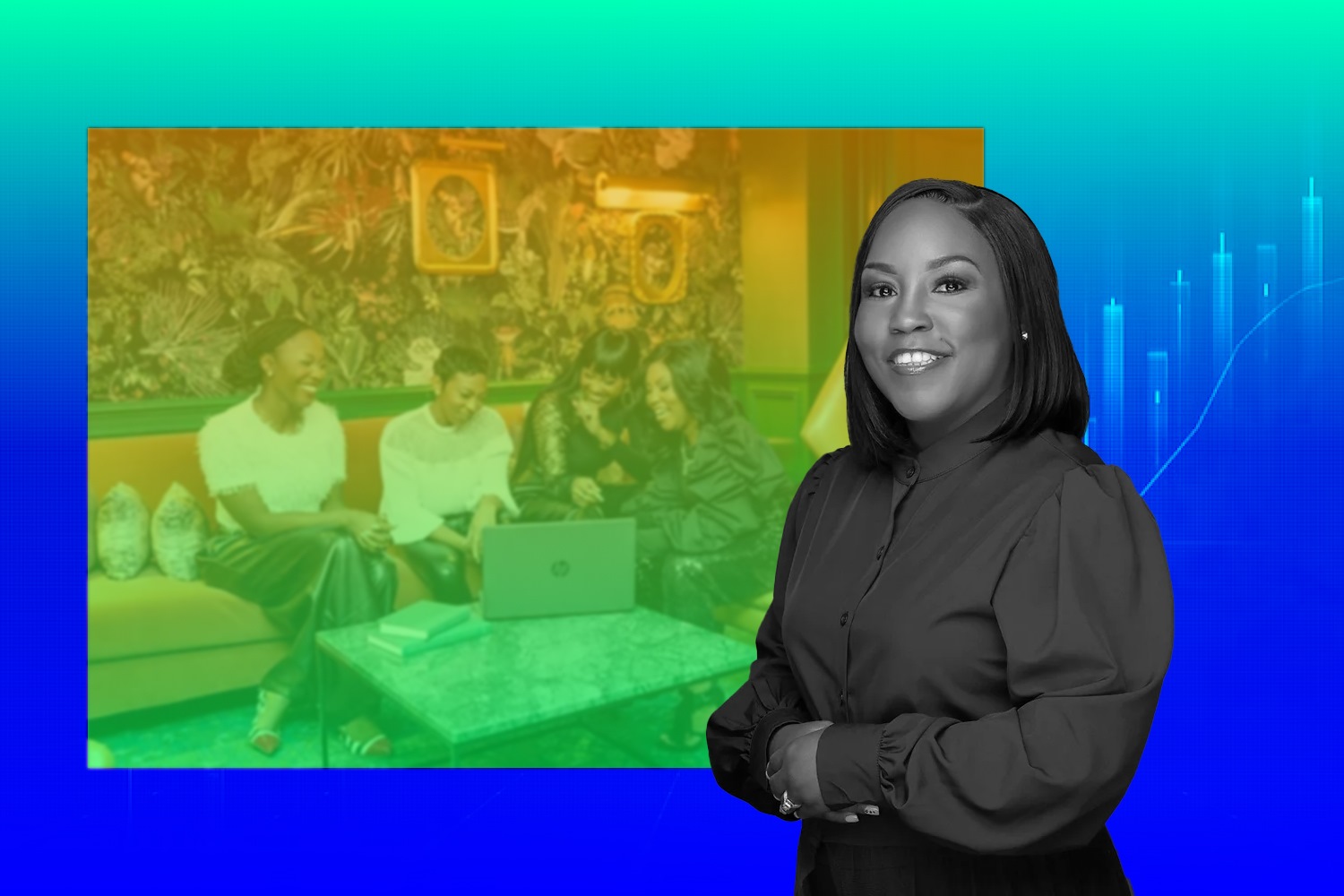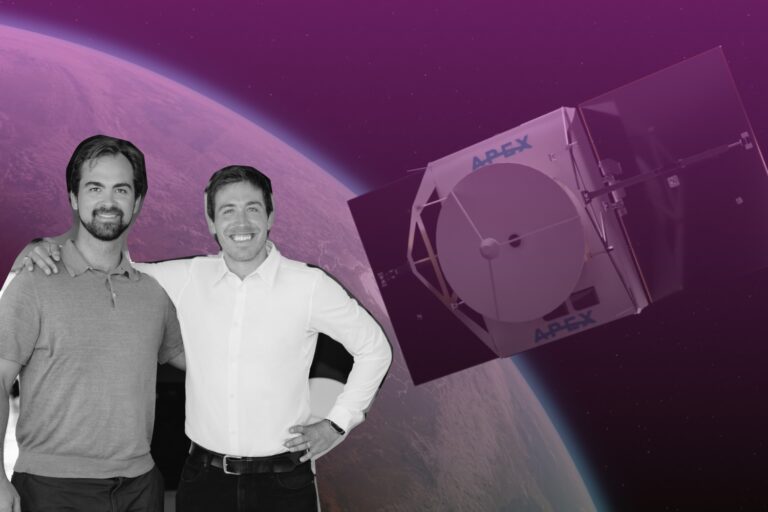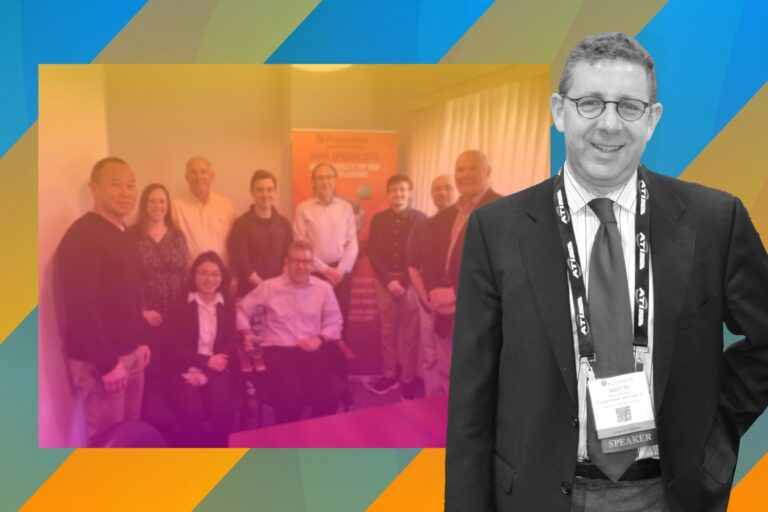$1.5T Market: a Great Place to Be – Local and State Government Contracting
Now when people think about contracting for the government, they’re always thinking about how to do business with federal agencies. But nothing has prepared them for how tough the game is when they have to confront all the behemoths in the place. Not to mention how complicated the government contracting industry is with its policies, regulations, and process, it is easy to get lost.
As a newcomer or someone who just want to be in a place that’s less harsh, state and local level is a better choice.
In contrast to the federal level, state and local government contracting is simpler and less bureaucratic. With smaller procurement teams and faster decision-making, businesses can quickly adapt to new opportunities. Also, the competitive bidding thresholds are often lower, making it easier for businesses to compete for and win contracts.
The state and local contracting is a rising star, but even when you want to dive in this pool, you need to learn a lot, especially from the experts that have spent years in the industry. That’s reasonable enough for us to meet the goat in state and local contracting – Latasha Brooks, affectionately known as “Coach Brooks.”
From Having No Clue to the Open Door
Coach Brooks has spent the past ten years reshaping the small business landscape. She pioneered Virginia’s first-ever coworking space, driven by her passion to empower entrepreneurs ethically. She has become a guiding force for over 1500 entrepreneurs to stay and thrive.
Now Coach Brooks is a serial entrepreneur and dedicated business consultant. However, when she started, just like many other people that have just stated, she didn’t have a clue in the initial days.
“I was contracting with the government on a local level, and for the first 5 years, I had no clue who they were,” said the mentor.
It was not until she did a matchmaking event, but the interviews she had were disheartening. In each of the first four interviews, the focus seemed to be on whether she had hit a million dollars in revenue or had previous experience with federal work.

Feeling discouraged by the repeated rejections, she entered the fifth interview feeling tired and questioning why she even signed up for the event in the first place. This was when she met the person that changed her life forever.
Latasha had a conversation with a white lady at the matchmaking event. Latasha opens up to the woman about her experience in event planning. As she shares details about her work, she inadvertently mentions key words that reveal her involvement with government contracts.
The woman advises Latasha to review her contract and identify the agency she’s been working with, which turns out to be a local tourism agency, an EDA local agency.
“And that’s when I realized that I was working with the government. I had been working with them for 5 years, did not have a clue, and it completely changed my life,” Latasha said.
Then the white lady tells Latasha to change her approach, suggesting she create a capability statement and adjust her narrative to reflect her extensive experience. After researching about the capability statement, she came back, connected with the host and, she was able to tell her story, and people were so impressed, that’s why they were willing to help her.
That’s how Coach Brooks began her career. On the road of state and local contracting, she has realized that this arena is a new rising star.
Don’t Overlook the Beauty of Local and State
The state, local, and education (SLED) government market is substantial, with over 100,000 different government entities buying goods and services worth almost $1.5 trillion each year. This sector accounts for nearly 10% of the United States’ Gross Domestic Product (GDP). But often, this arena is overlooked by contractors because they’re busy chasing the federal ones, which are hard to win.
But it will change your mind when you know that you don’t even need to bid on contracts in order to win. It’s the story of Latasha Brooks when she has been grabbing many contracts without competing on a heated bid.
Grab Contracts Without Bidding on
“Local contracts, it’s all about relationship,” said the serial entrepreneur.
According to her, a lot of people don’t focus on local and state. Local and state contracting is ten times easier than federal. In federal side, you’re playing with the big boys, there’s more rules, there’s more regulations.
She said, “But when it comes to the state and local ones, they get to do what they want. They make their own rules, and they do what they want. However, if I’m working with the county and this county tells three other counties about me, now I have four contracts, and I didn’t have to work hard for them. I got those contracts based off of my skills and them seeing me in action, relationship.”
Unlike the federal side with already big boys in the game, and always bids associated, the state and local one operates in different mechanisms, you just need to go to a local agency and register directly with them.
Latasha Brooks expressed that, “Instead of you fighting with 5 million, you’re fighting with 1,000, you’re fighting with 50, you’re fighting with 25. They don’t have nobody that they’re coming to you to see if you know somebody to help them solve this problem.”
Work in Other States Without Registering As a Vendor
Latasha has been noticing a trend in contracts over the past couple of years. Some contracts require on-site work and may ask contractors to register as vendors. They typically inquire about staff presence, planned physical presence, and hours worked. However, if the contractor doesn’t physically work on-site, they usually won’t need to register as a vendor, as this exempts them from certain tax obligations.
The requirements for vendor registration and business licenses vary depending on the locality and the specific contract.
According to Latasha, “Local is different, state is different. Every contract is going to tell you whether you need to be a vendor or not. And majority of the contracts will tell you to get a business license. But when you contact them to get a business license, they’re then going to ask you those questions. And once you say, ‘No, I’m not planning to be there,’ then you don’t have to get a business license.”
Most States are Free to Register
As shared by Latasha Brooks, “I think out of all of the states, only two or three states charge for you to register in their state. People don’t know that.” This opens a vast of opportunities to work in different states.
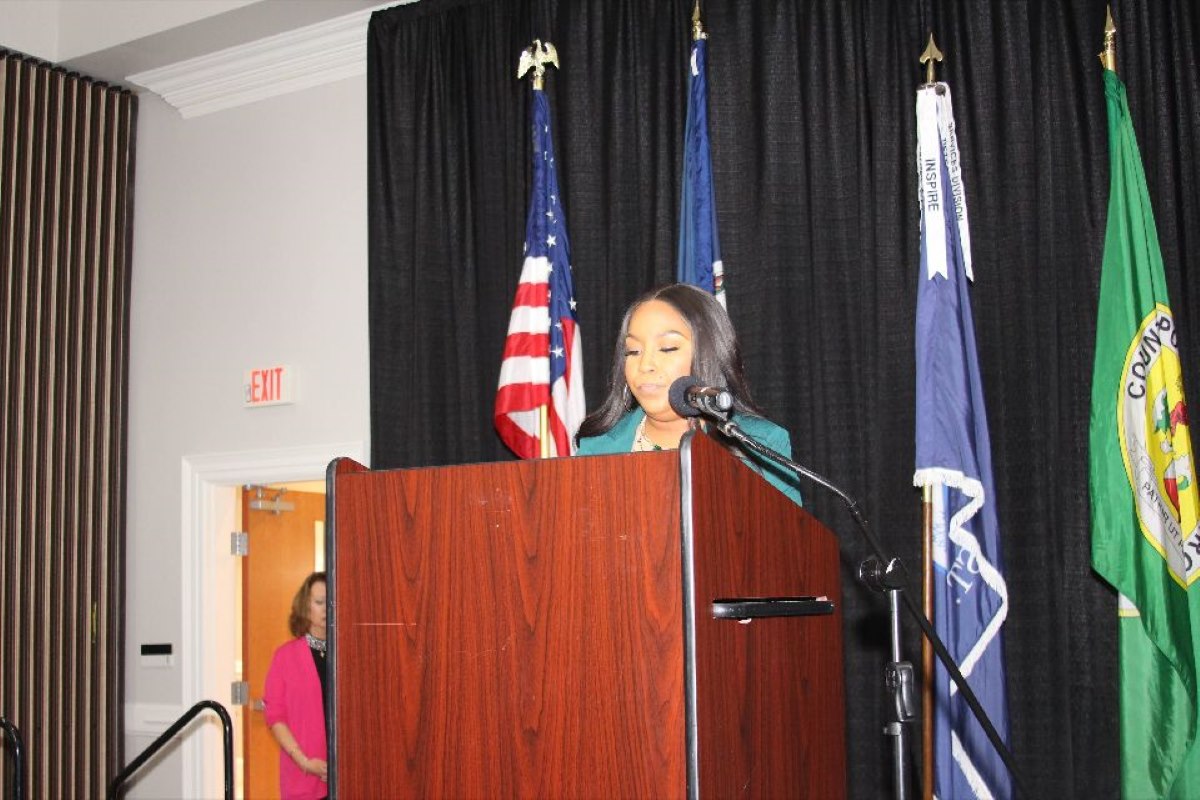
However, whether or not stages charge for registering as a contractor can vary depending on the specific requirements and regulations of the stage or venue. Some stages or event venues may require contractors to pay a fee for registration or to obtain permits, while others may not.
It’s important to review the terms and conditions of the stage or venue where you intend to work as a contractor to understand any associated costs or requirements for registration. Additionally, reaching out directly to the stage management or event organizers for clarification on registration fees is advisable.
Key Lessons to Learn in Other to Thrive in Local and State Arena
When it comes to advising people the things to do when they want to dive in the ocean of state and local government contracting, the first thing she suggests people to do is to start in their own states.
The First Thing to Do – Start in Your State
As expressed by Latasha Brooks, “I teach my mentees to start with your state first because here’s the thing, all of their portals are not created equally.”
She says Virginia has a really good online portal that’s easy to use, while Georgia’s system is outdated and hard to figure out. She warns that struggling with a difficult system might make people want to give up instead of trying other states. But when it’s a local system, you’re more familiar with it than the other states’.
If you register in 10 states, now that means you got 10 different states sending you opportunities and now your email is flooded and you’re not looking at none of the opportunities because it’s just overloaded, and you can’t keep up with it.
“So, I don’t teach people to try to go after all of these states. Create a strategy, start with your state so you can know if it’s good or bad. Then maybe go to another state, one or two other states after that. You need to re-evaluate because something you’re doing is not working, Because you can’t be in multiple states and you’re not hitting anything,” said Latasha Brooks.
And when it comes to the county, know have who you want to work with. The biggest thing is once you know what problem you solve, now you’ve got to figure out who you can solve this problem for. This is where Latasha Brooks highlights the silver bullet of knowing the agency that you want to work with.
Know the Agency in Order to Find Contracts
There’s 50 states, many counties, many cities, and each one of them is different. “I always tell people, when it comes to local, you have to know the agency,” said Coach Brooks.
As mentioned above, Latasha did not know she was working with an agency. And this is because they often don’t openly declare themselves as government entities. This requires connections to identify them because they operate discreetly.
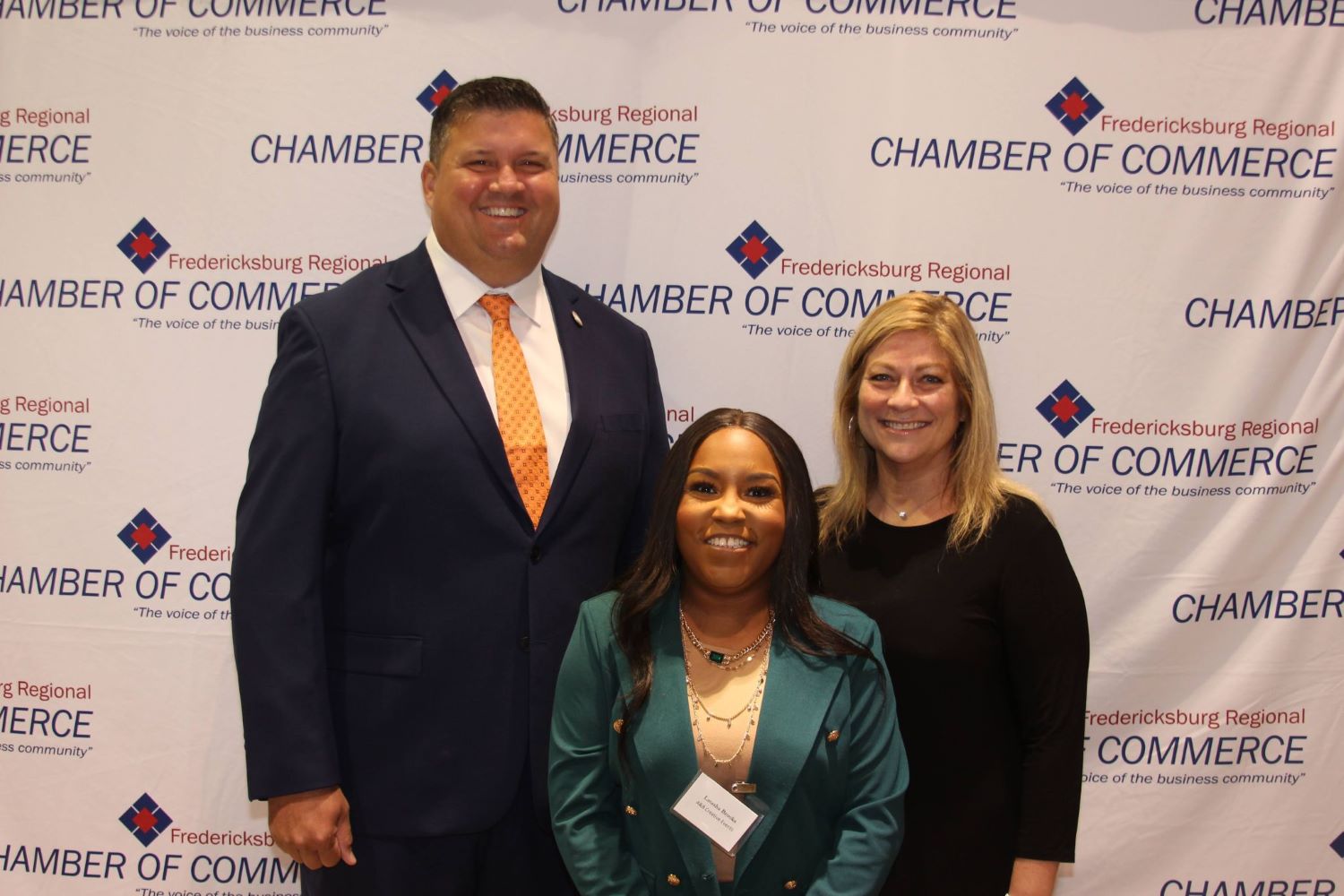
On the state level, contracts are centralized in one portal, but dealing with different people and approaches can be challenging. Unlike local contracts built on relationships, state contracts often involve bidding due to the lack of direct connections.
At the state level, all contracts are usually accessible through one centralized portal. However, dealing with various individuals and their different approaches can be challenging because you’re not building personal relationships with them. Unlike local contracts, which often rely on connections and personal relationships, state contracts typically involve a bidding process.
Many people may not fully understand these distinctions. That’s why when it comes to finding opportunities, they don’t know where to go. But Latasha Brooks suggests that there’s a plethora of places you can find contracts.
“If you know the local agencies, you can register directly with them as a vendor and just source contracts for them. You can register directly with the state and source contracts with everybody in that state that’s in there,” said the coach.
When it comes to DOD, there are branches and pillars that are parts of DOD, that why she advises people to choose a branch in DOD because it’s very rare that you’re going to be working with the entire DOD.
“The lower you get, the better chance you get,” said Latasha Brooks
Meet the Heavy Hitter at Local Events and State Programs
The thing about local contracts is that there are events for people to connect with procurement officers and other key figures. That’s where Latasha met the DEI officer, procurement officer of the US Department of Labor, had conversions with that key figure, then led to further opportunities.
“That’s how you meet your local people, at community events, supporting something, hanging out with the other heavy hitters in your area. They come out in the community to meet people like us so they can find people they know, like, or trust,” said Latasha Brooks.
And another secret that Latasha want to share is about state programs, the state is bringing all the heavy hitters to help you grow by providing valuable insights and also the available opportunities.
From there, Latasha learned that we are building genuine relationships with procurement officers instead of sending generic emails, as personalized communication is more effective
“These are the type of things we learn when we’re having those direct connects with these procurement officers and these local people that really want to work with you. They just want to make sure you’re doing it the right way,” she said.
Plus, there are matchmaking events that provide ample opportunities that businesses could join like events organized by PTAC (Procurement Technical Assistance Centers) because they are local and bring people together, or SBDC (Small Business Development Centers) events for their resources and connections.
“When I meet people there, now I’m connecting with other people because, it’s all about relationships,” said the coach.
She added, “And then once you open your mouth, people want to help you. If they feel like you’re trying, they want to help you. It is when you sit in a corner, you don’t talk to anybody, you’re not showing up, you’re not doing your part. That’s why you can’t win a contract. You can’t win a contract because you’re not doing your part. You’re not showing up.”
That leads us to one of the key lessons that Latasha has learned – get comfortable with speaking up.
Get Comfortable with Speaking Up In Order to Win
Latasha suggests that people have to get comfortable with speaking up. She believes that by vocalizing her frustrations and sharing her testimonial about the matchmaking event, she opened doors for herself. As a result, she received guidance and homework assignments from others, leading her to connect with the Small Business Administration (SBA).
“It was just those little pieces of the puzzle that I needed connected with. And then after that, it was all gas, no breaks,” said Latasha Brooks.
She added, “We’re military, they’re family. We’re going to all these states, all these counties, all these cities. I repeated the process everywhere that I went. So, I went from holding one contract with one county to every state my husband and I visited, and I was working with the tourism and EDA and putting on events and bringing celebrities and putting heads and bands and all the terminology that I learned so that I can speak their language, we can connect, and I can get a contract.”
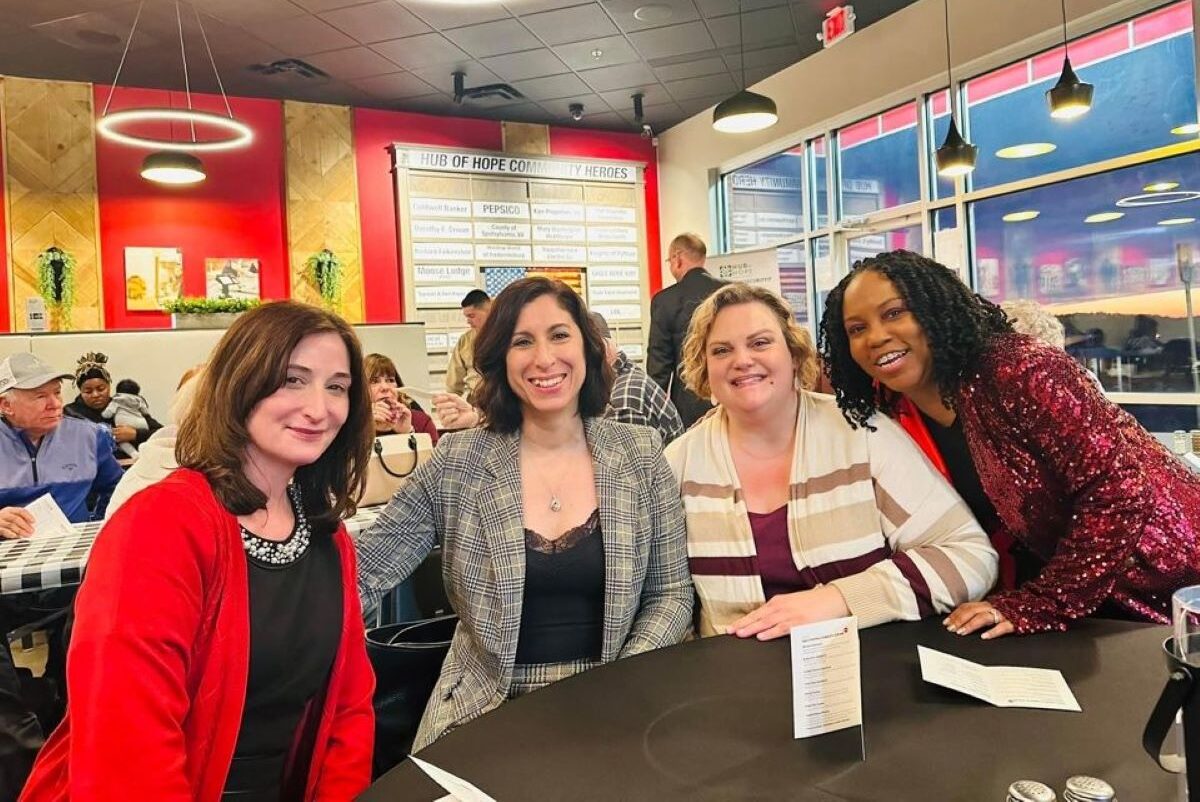
Many entrepreneurs may have been taught not to speak up. If you share your wins, you sound like you’re bragging. However, in the business world, you have to, according to Kizzy Parks, the president of K. Parks Consulting.
Kizzy added, “If you didn’t speak up and share, then how would they have ever known?”
When working with the buyers from local and state, the human touch on working together, talking with them, educating them on all the terms that are unfamiliar can increase your chance to win rather than mail in a lengthy proposal that people don’t want to read. That’s why conversations are so important at this point.
Be Professional – Get Your Capability Statement Ready
Selling to the state and local government is easy when the fundamentals are simple, but Latasha Brooks suggests people to get you capability statement ready because that helps you and them. With that in hands, you’re able to articulate yourself and the services you offer without you sounding like you’re all over the place.
One of the cool things about Coach Brooks is that she has branded material. That’s why she always looks professional.
“I get a lot of compliments on the way that my proposals are written because, on a state and local level, my proposals are written like federal contracts because I know the state and local, they’re not used to that. I’m giving things that I know they’re going to need that they may not know that they need,” she said.
She added, “And that’s the thing that makes me stand out from other people. I’m doing my part to make it easier for them. If they know that you make it easy for them, everybody’s going to win. Yeah, but if you’re making them have to work harder, stay late, double-check everything that you’re doing, that might not be a win-win.”

